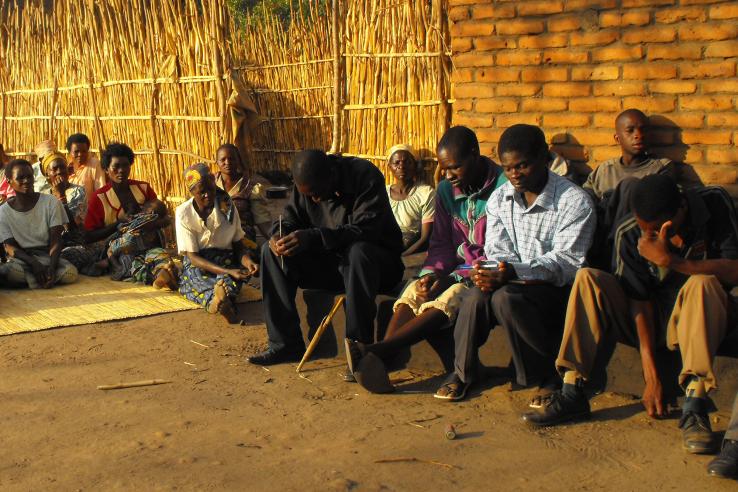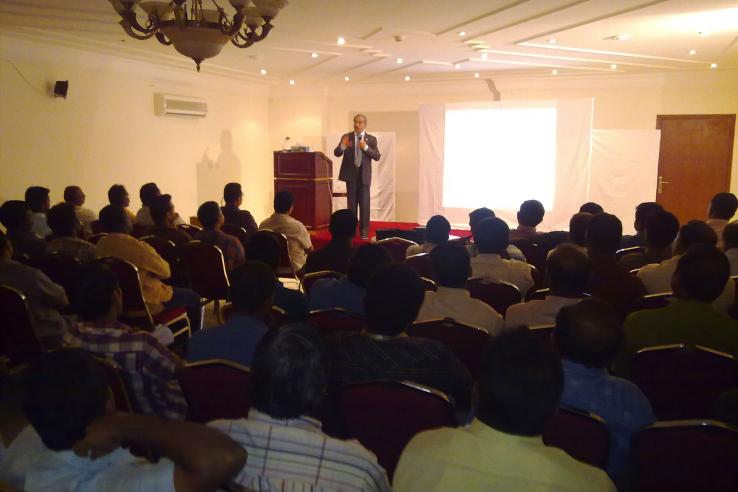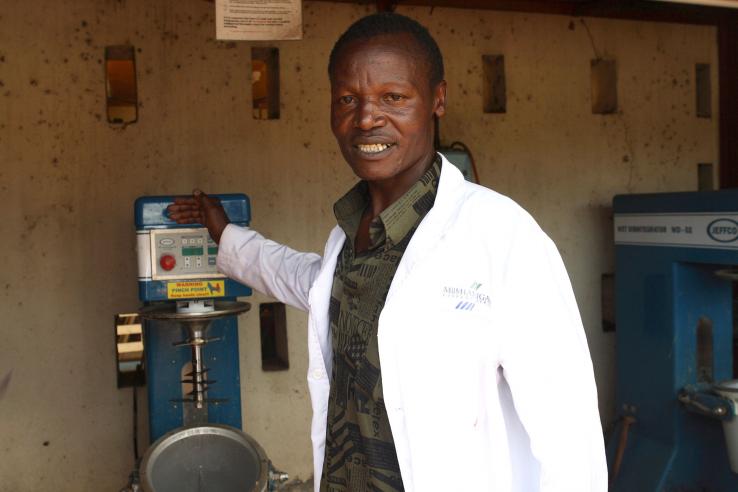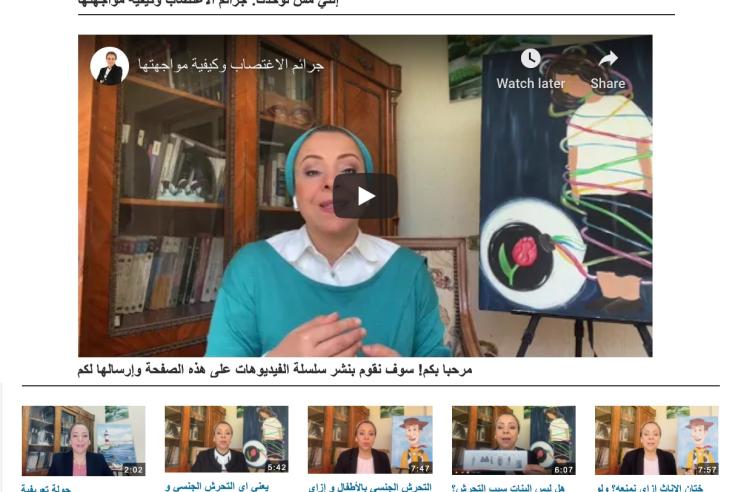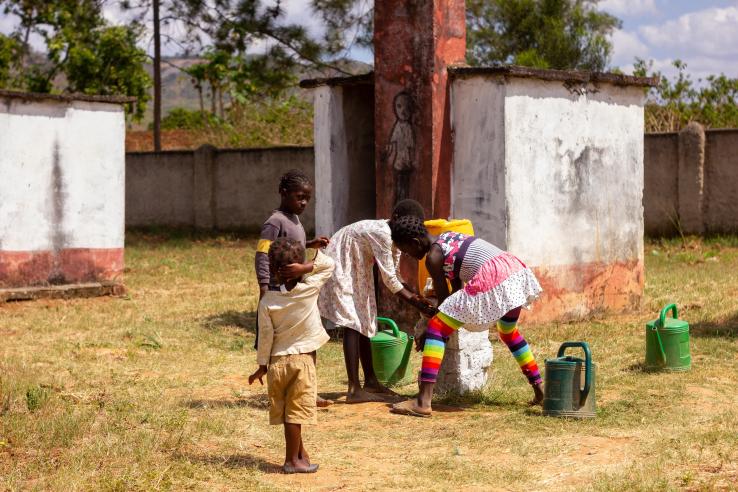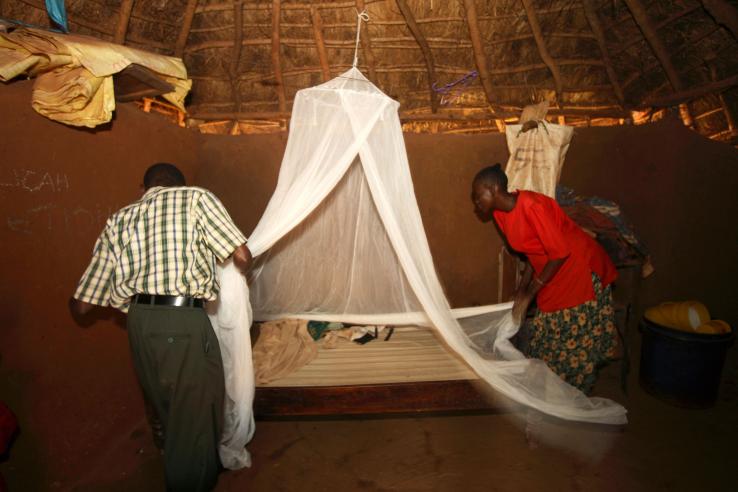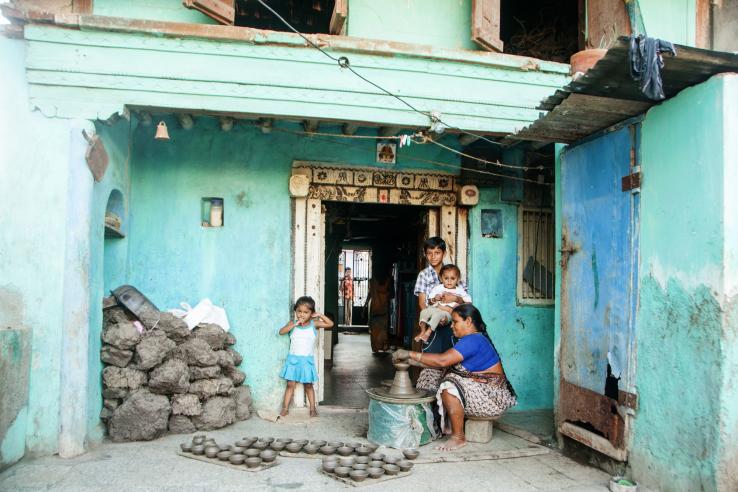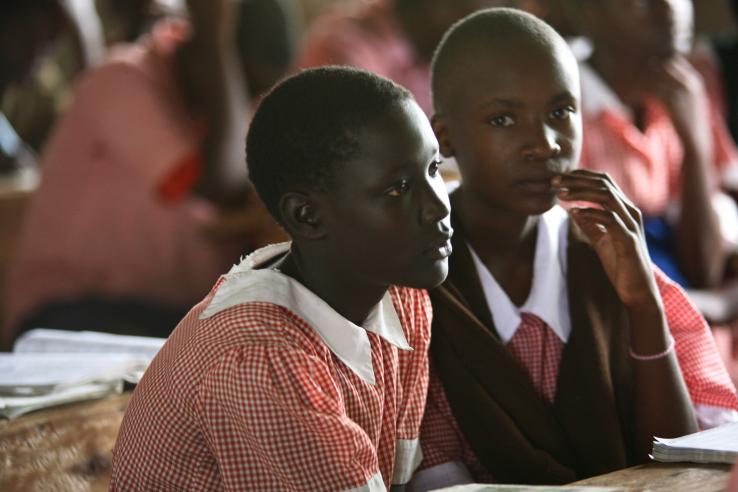Displaying 4276 - 4290 of 8419
Evaluation
Researchers examined the impact of an initiative to promote savings, through financial incentives, reminders, and messaging, on the savings behavior of the urban poor in Peru. Preliminary results found that the initiative increased the probability that clients reached their savings goals; negatively framed messages appear to be more effective than positive messages in getting people to save.
Evaluation
Researchers evaluated the effectiveness of sending text message reminders to clients holding programmed savings accounts.
Evaluation
In Malawi, researchers are evaluating the effect of membership in a Village Savings and Loans Association (VSLA) on an individual’s financial and social well-being.
Evaluation
Working closely with a highly profitable consumer lender in South Africa, researchers sought to determine the effects of advertising content, price, and offer deadlines on loan take up. They found the marketing had significant effects on loan take up, but not on loan amount or default rates. Clients demonstrated the strongest responses to the non-price components of loan offers.
Evaluation
Researchers examined the impact of receiving an invitation to a savings-focused financial literacy workshop on the financial decisions of Indian migrant workers in Qatar and their wives in India. A one-time financial literacy workshop in Qatar increased migrant workers’ joint financial decision-making with their wives. Among migrant workers with initially low savings, the workshop also increased total savings.
Evaluation
Researchers evaluated the impact of admission to one of Mongolia’s formal vocational training programs on students’ educational attainment, employment, and earnings. Admission led to higher educational attainment and employment for applicants, especially for women, and increased earnings for women.
Evaluation
What are the impacts of vocational education on labor markets, migration patterns, and health and fertility outcomes in Kenya?
Evaluation
In Peru, researchers are delivering cash grants and business training to Venezuelan migrant entrepreneurs and assessing the impacts on the short- and long-term success of enterprises as well as migrants’ food security, health, and income.
Evaluation
Researchers partnered with the Egyptian Center for Women’s Rights to evaluate the effect of educational social media and TV campaigns on women’s attitudes and behaviors around responding to GBV and IPV. The social media campaign increased women’s knowledge and use of resources, but had no impact on their underlying attitudes towards gender equality or gender-based violence.
Evaluation
The proliferation of mobile money across low- and middle-income countries has led to increased availability of mobile payment systems, which can potentially allow more flexible payment terms for customers. Subsidies increased the use of mechanized desludgings, while pre-paid deposit requirements had no impact on their use. The flexibility of being able to save in advance in an earmarked savings account through the save-at-will treatment increased take-up through the program, but did so at the expense of take-up outside the program.
Evaluation
In the Philippines, researchers tested several interventions designed to ease informational, job search, and documentation barriers to working overseas. They found that some interventions increased the number of participants who searched for work or acquired passports, but none led to increases in international migration.
Evaluation
Researchers evaluated the impact of a large-scale handwashing intervention in Peru that introduced an innovative mix of mass media campaigns along with more intensive community activities, including educational sessions for caregivers and a handwashing curriculum in some schools. The program was effective in reaching its targeted households, improving knowledge related to handwashing, and modifying behaviors; however, these behavioral changes did not translate into better child health.
Evaluation
This study evaluated the impact of subsidies and two different marketing messages on the take-up of insecticide-treated bed nets by rural households. Take-up did not vary with the framing of marketing messages but was highly sensitive to changes in price. Gaining access to a highly subsidized bed net in the first year also increased households’ willingness to pay for an additional net a year later.
Evaluation
Researchers conducted a randomized evaluation of a video-based financial education course on participants’ financial behaviors in India to study which components of financial education programs are most effective. While the course alone had no impact on participants’ abilities to carry out financial calculations, it influenced their awareness of and attitudes towards financial products. Additionally, personalized supplements to the course increased effects on budgeting and saving.
Evaluation
Researchers compared the impact of two alternative programs, one that trained teachers how to teach the existing, abstinence-focused HIV prevention curriculum and another that subsidized education through the provision of free uniforms, on risky sexual behavior of adolescent students in upper primary school. Training teachers greatly increased teaching of the curriculum but had no effect on sexually transmitted infections (STIs) or teen pregnancy. Girls who received free school uniforms were less likely to get married, become pregnant, or drop out of school, but they were equally likely to contract an STI. The two programs combined did not reduce teen childbearing but led to a significant reduction in the risk of herpes among girls.


